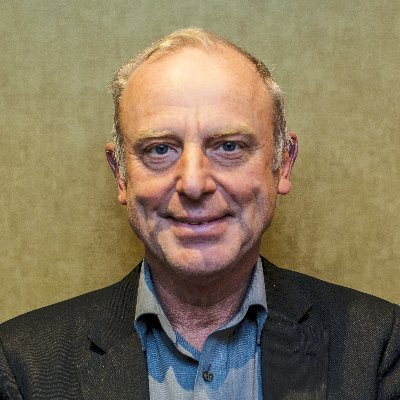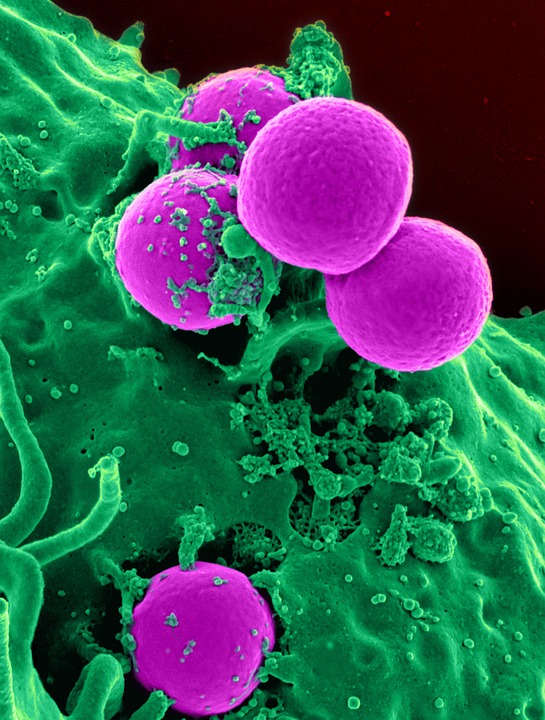Former WHO chief said that coronavirus could "burn out naturally" before a potent vaccine is developed.
Prof. Karol Sikora, former director World Health Organization's cancer programme said on Saturday that he saw a "roughly similar pattern everywhere," as he suspected that there was more immunity to novel coronavirus than what's estimated, according to his tweet. He is currently the chief medical officer at Rutherford Health.

He agreed that there has to be efforts to slow down the virus, but added that it could be "petering out by itself." He opined that such a scenario could be feasible.
However, this conclusion has been made as a comment after new study was published in the International Journal of Clinical Practice. The study estimated that about 19 million people likely contracted the virus in the UK, reports The Independent.
Increased immunity
Further the study's findings suggest that significant number among UK population had been infected with the pathogen without falling seriously ill. While finding that by the end of the second week in April, 29 percent population might have contracted the disease and resulted in an increased immunity, according to the study.

Those having immunoprevilege can avoid social distancing?
Sikora wrote in Medscape that those who are immune to the virus -in theory- "can avoid social distancing." Such as going to restaurants with all its staff being immunopositive.
He cited The Lancet article and found the new word immunoprivilege, as some people were immune to coronavirus. He further classified people in three categories:
- those potential to contract COVID-19
- those infected by COVID-19
- those recovered from coronavirus and proven tested positive for antibodies and antigens
With this he proposed separating these people in categories but he said, "We haven't got the test to do that as yet."
What about vaccine?
Oxford Professor and member of the government's coronavirus task force had previously told that the team could produce one million doses of a potential vaccine by September, if it proves successful.
Some also suggest that returning to pre-pandemic normal would only be possible when a vaccine is developed. Boris Johnson also had said that a long-term solution would be with a vaccine or a drug-based treatment, but he added "In a worst-case scenario, we may never find a vaccine."
A polling by Opinium also suggested that the public hope depended much on vaccine as almost a quarter of UK respondents felt uncomfortable to take public transport until a COVID-19 vaccine.









